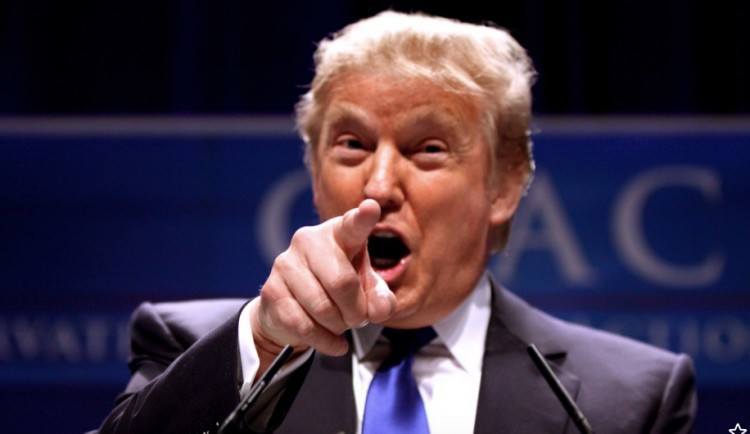
Photo credit: Gage Skidmore.
If you work in tech almost anywhere else in the world, it’s easy to see Silicon Valley as a black hole. The high salaries, prestigious companies, and “cool” factor draw foreign talent to California. And that foreign talent has been a big contributor to Silicon Valley’s success. Between 1995 and 2005, immigrants founded 52 percent of Silicon Valley’s startups. Talent from across Asia has played a major role, of course.
Then Donald Trump was elected, swept into office in part based on his promises to handle immigration much more strictly. Suddenly, Steve Bannon – Trump’s apparent chief strategist and a noted racist – is talking about Silicon Valley’s Asian CEOs like they’re a bad thing. Now foreign talent all over the world is wondering whether moving to the US is worth it, or whether it’s even safe.
What may prove to be a crisis for Silicon Valley is looking a lot like an opportunity for China’s tech sector. Unlike the US, China is not a nation of immigrants. But at China’s World Internet Conference last week, Baidu CEO Robin Li made the case that China’s tech sector stands to benefit from Trump’s election:
We think there’s a global shift happening in terms of innovation. Especially after the election of Trump, a lot of entrepreneurs have said they’re worried it will harm America’s power to innovate. Recently a Trump advisor [Bannon] complained that three-fourths of Silicon Valley CEOs are Asian. I hope they all immigrate to China, and give China a greater role to play on the global stage of innovation.
In the past, Chinese companies have only been able to attract great ethnically Chinese talents, but going forward I hope they will attract more and more talent of all races and nationalities.
It may sound like a propaganda message for what is largely a propaganda conference, but there’s a real possibility that Li’s hopes will come true.
If talent isn’t flowing to the Valley, China is the next obvious choice.
Silicon Valley really could be hurt by a Trump presidency. A lot of foreign talent gets to the Valley by way of the H-1B visa, a visa that allows American companies to bring in foreign workers with special skills. Trump has been inconsistent on H-1B, but at times he’s threatened to gut the program. And with his chief strategist having made comments about there being too much Asian talent in the Valley, it’s not hard at all to imagine a Trump administration that cuts off many of the avenues (like H-1B) that American firms use to bring in top foreign talents.
If that talent isn’t flowing to the Valley, China is the next obvious choice. As Li pointed out in his speech, China is the world’s largest internet market, and one of its fastest growing to boot. After Silicon Valley, it’s probably also the market that can afford to pay foreign talent the most. And for Asian tech talent, China has the benefit of being a lot closer to home.
It won’t be an overnight transition, of course. Even if Trump cut off all immigration tomorrow, there’s still plenty of talent already in Silicon Valley to drive innovation. But in the long run, if President Trump pursues the kind of agenda he promised to during his campaign, he could inadvertently help shift the balance of technological innovation towards Beijing.
This is an opinion piece.
This post China’s tech sector hopes Trump will reverse the brain drain, and he just might appeared first on Tech in Asia.
from Tech in Asia https://www.techinasia.com/chinas-tech-sector-hopes-trump-reverse-brain-drain
via IFTTT
No comments:
Post a Comment